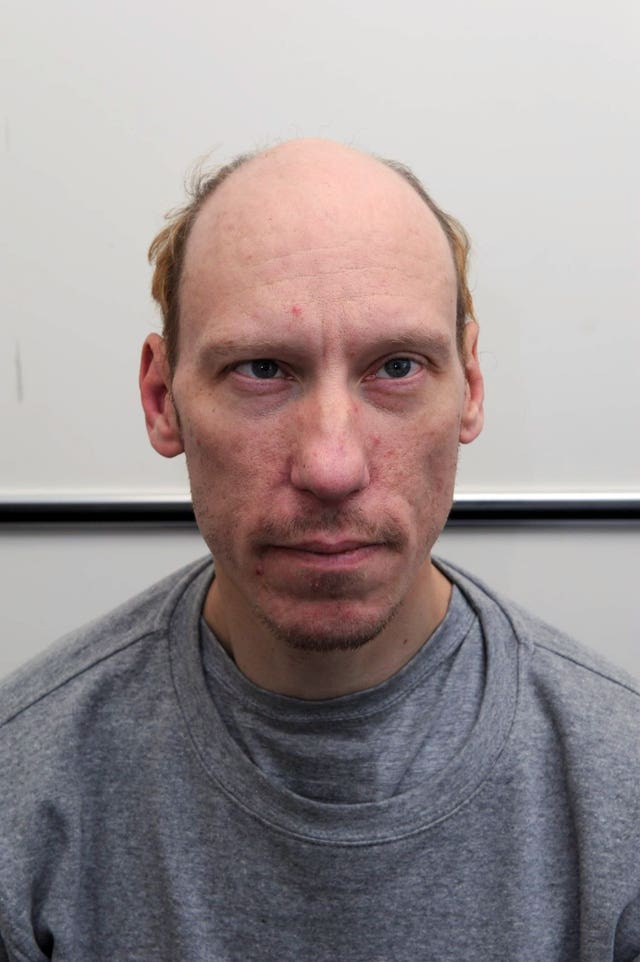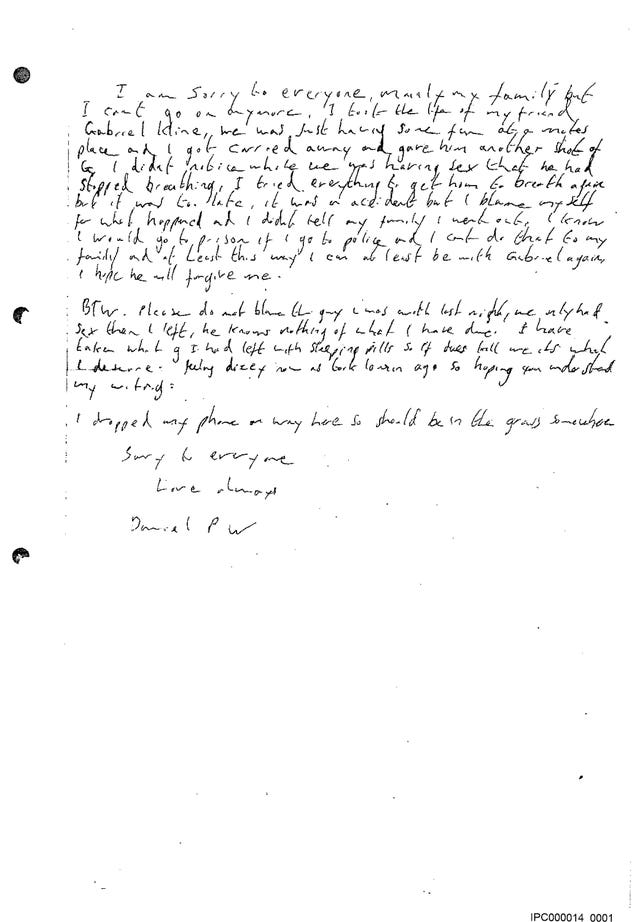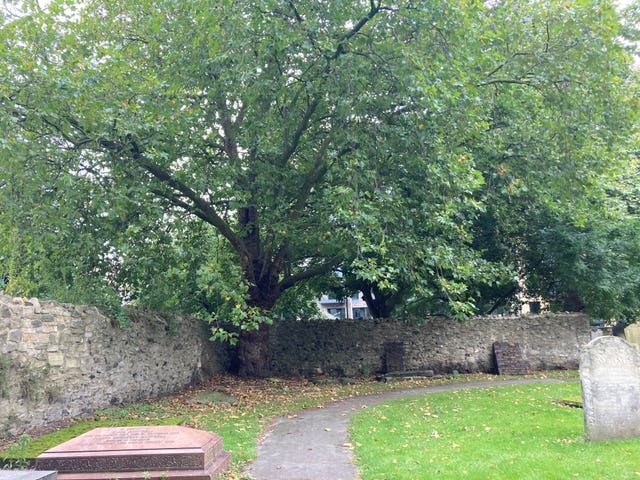Port victim’s partner ‘dismissed by police because we were gay unmarried couple’
Daniel Whitworth’s body was discovered in Barking, east London, in 2014 after he was given a fatal overdose of the drug GHB by Stephen Port.

The partner of the youngest victim of serial killer Stephen Port has claimed he was “pushed out” by police investigating his boyfriend’s death because the pair were an unmarried gay couple.
Ricky Waumsley told the inquest into Daniel Whitworth’s death that he felt excluded by detectives and was not allowed to see an apparent suicide note left by the young chef until the year after he was found dead.
He told jurors at Barking Town Hall on Monday: “If it was a straight couple I wouldn’t have been pushed out as much as I was at the time.
“They dismissed me in every single way. I believe, and I stand by it, it was because we were a gay unmarried couple.”

The killer left a fake suicide note on Mr Whitworth’s body, claiming he had taken his own life after accidentally killing another man, Gabriel Kovari – who was in fact another of Port’s victims.
Mr Waumsley said the police should have verified the handwriting on the note more carefully, rather than just asking the 21-year-old’s grieving parents.
He told the jury: “I just felt that they took the suicide note at face value. I believe they didn’t do any more than that. That was my thought on it.
“I thought they could have done more, they could have at least checked the handwriting and made sure that it was correct, and not just asked people at the time who were grieving and who are not in that profession looking at handwriting.”
In the days after the young chef’s death, the police refused to show Mr Waumsley the suicide note.
He said: “I was really angry because he was my partner of four years and I wanted to see what he had to say for himself.”
On September 30 2014, Mr Waumsley visited the site where Mr Whitworth was found, along with his partner’s father, Adam, and stepmother, Amanda, who were unmarried at the time.

It was only the following year, at the first inquest into Mr Whitworth’s death, that Mr Waumsley saw the note for the first time, and said it was “really impersonal”, did not mention any family members and he could not be sure it was his partner’s handwriting.
During the 2015 inquest it also emerged that officers had not DNA-tested the bedsheet on which Mr Whitworth had been found, or the drugs bottle that was discovered with his body.
There was also some bruising on his chest which suggested manual handling but this had not been investigated, and police had failed to track down the man referred to in the fake suicide note as “the guy I was with last night”.
Outside the hearing, Mr Whitworth told officers Paul Slaymaker and Rolf Schamberger: “You didn’t do your f****** job properly.”
He told the police that Mr Whitworth had never done drugs apart from smoking one joint in Amsterdam, and he had never heard of the drug GHB before his boyfriend died.
But when Mr Whitworth’s stepmother asked officers what the drug was, they had told her to ask Mr Waumsley “because he should know”.
Jurors were read part of a witness statement he gave to the police watchdog in 2017, then called the Independent Police Complaints Commission, that said: “I didn’t understand how they could just brush her question off and say that a typical gay person would know about drugs like that.”

He said “the system was overloaded” and that he would deal with “the biggest fire first” in the tasks he was allocated, depending on officers to come to him to raise issues with cases.
Mr Schamberger attended the special post-mortem examination carried out on Mr Whitworth’s body on September 23 2014, with acting Detective Sergeant Stuart Denley.
In notes following the procedure, Mr Denley made reference to bruising found on Mr Whitworth’s underarms that the pathologist said could be consistent with being carried or moved before or after death.
But the officer instead put forward the idea that the marks could have occurred during rough sex, and wrongly claimed that Mr Whitworth “clearly led a double life that his partner knew nothing of”.
The pathologist “strongly recommended” that officers have the bedsheet on which Mr Whitworth was found examined, but they did not.
Mr Schamberger closed the investigations into the deaths of Mr Kovari and Mr Whitworth in January 2015, despite admitting to the jury that a “significant number of unanswered questions” remained at that stage.

He replied: “I agree with the part about the busy team. In terms of accepting what happened and shutting it down because of that, I don’t accept that.”
But he agreed that he had made a “dreadful” mistake in failing to realise that Mr Waumsley had given a statement to say that Mr Whitworth was at home on August 27 and so could not have had anything to do with Mr Kovari’s death.
He also admitted that he had rushed the closing report for the investigation into Mr Whitworth’s death, using Mr Kovari’s as a template and leaving the wrong name in at one point.
It wrongly said no injuries were found on his body and that a diary had been seized to compare the handwriting with the note.
Questioning why Mr Schamberger did not reopen the investigations after the 2015 inquest into Mr Whitworth’s death returned an open verdict, Mr O’Connor asked him: “Did you perhaps think that, because these cases involved young gay men living a life of casual encounters with other gay men, they weren’t worth investigating properly?”
Mr Schamberger replied: “Absolutely not.”
In 2016, Port, now 46, was given a whole life sentence in 2016 after being found guilty of murdering fashion student Anthony Walgate, 23, Mr Kovari, 22, Mr Whitworth, 21, and final victim Jack Taylor, 25, between June 2014 and September 2015.
Inquests into the men’s deaths are now being heard to determine whether lives could have been saved had police acted differently.
The inquests were adjourned to Tuesday.





